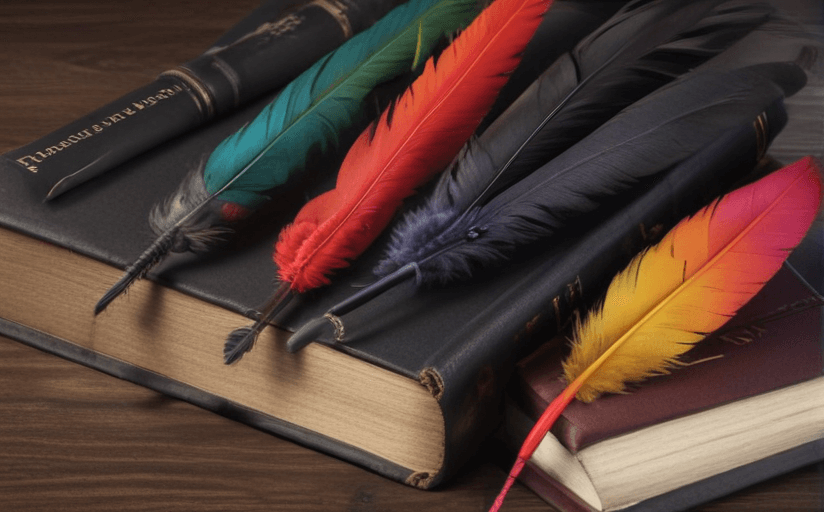Censorship in Literature: An In-depth Exploration
Censorship in literature is a concept that has been practiced for centuries. It refers to the suppression or prohibition of parts or the entirety of a book, poem, or other literary work by an authority, often a government or a regulatory body. This authority views the material as obscene, politically unacceptable, or a threat to security.
Historical Background of Censorship
The history of censorship traces back to ancient times when Socrates, a classical Greek philosopher, was sentenced to drink poison for his philosophical teachings which were considered corrupting the youth of Athens. Fast forward to more recent times, more books, including The Catcher in the Rye by J.D. Salinger and To Kill a Mockingbird by Harper Lee, have faced various levels of censorship.
The Debate Surrounding Censorship
The pros and cons of censorship in literature have been widely debated. Some argue that it serves as a necessary regulation in the preservation of social morality and protection of young or vulnerable readers from harmful content.
Supportive arguments posit that without selective censorship, materials that promote hate speech, racism, violence, sexual exploitation, and other potentially hazardous themes could easily reach readers, hence impacting society negatively.
On the other hand, antagonists of censorship see it as a barrier to creativity and a threat to freedom of expression. Authors, in this context, view censorship as an infringement on their creative and intellectual rights which limits the diversity in literature.
An example is the censorship of The Adventures of Huckleberry Finn by Mark Twain because of its use of racially sensitive language. Critics argue that such censorship overlooks the historical context and the satirical intent of the book to critique racism and slavery.
Views from Different Stakeholders
Renowned author, J.K. Rowling, once said, I really don’t think you should censor knowledge or censor stories. This underscores the sentiments of most authors who consider the creative process sacred, unbound by the restrictive chains of censorship.
Readers have differing opinions on this subject. Some believe in their right to access all information, while others are appreciative of regulatory bodies keeping offensive or harmful content at bay.
Literature experts are also divided on this topic. While some believe that censorship protects the moral fabric of society, others echo the sentiment that it impedes on the fundamental rights of authors and limits the diversity of literature.
Conclusion
To conclude, whether censorship in literature is perceived as a necessary regulation or an impairment to creativity, largely depends on one's personal value system, and understanding of literature, history, and society. While it's important to safeguard society from harmful content, it's also crucial not to stifle creativity and hinder our historical and cultural points of view from shining through the pages of our books.


















Comments
Leave a Comment